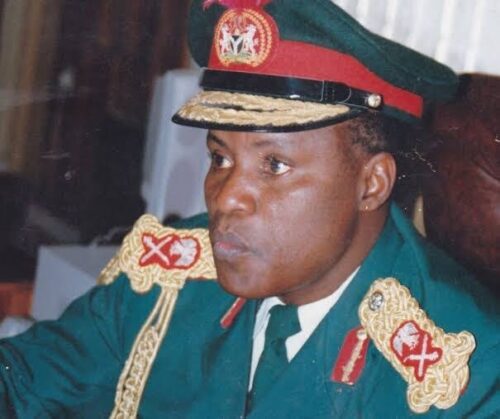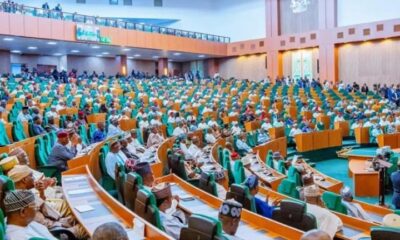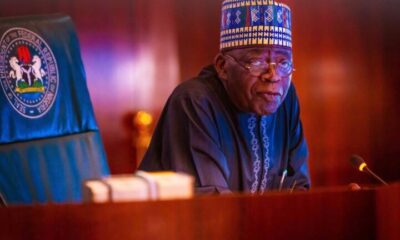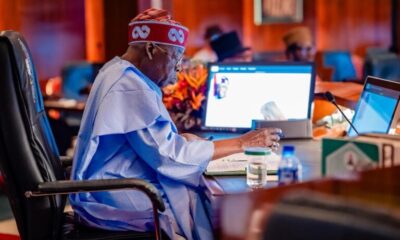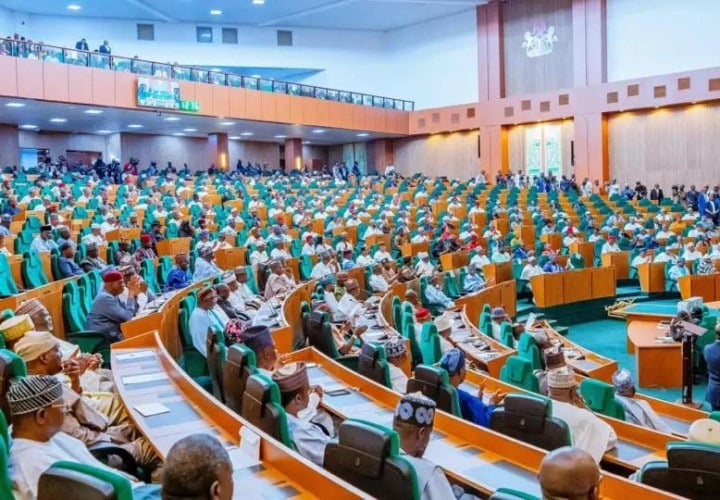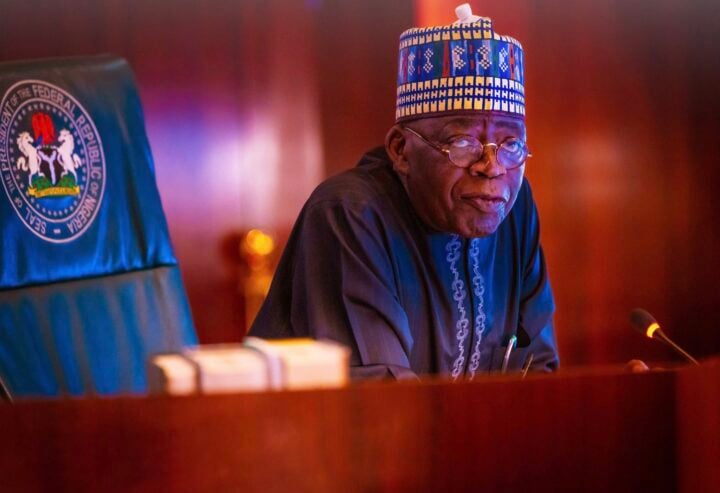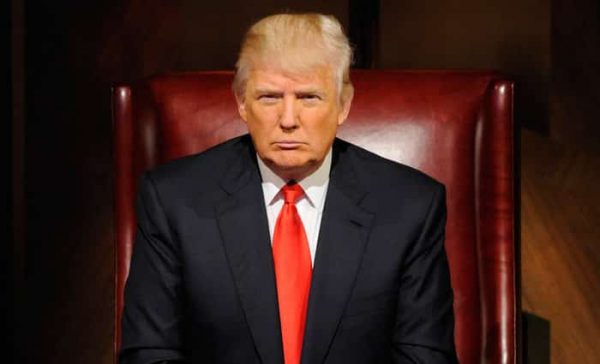Major General Barshi Magashi (rtd), the outgoing Minister of Defence, has revealed the level of success the armed forces has achieved in the four years he served as a minister.
According to Magashi, the armed forces achieved over 80 percent success in destroying Boko Haram/ISWAP insurgency, banditry, and other criminality.
“Whether anybody likes it or not, the Armed forces have done the best that is possible to keep this country in the security situation we find ourselves in,” he said.
Speaking at a valedictory dinner in his honor and organized by the Permanent Secretary, Ministry of Defence, Dr. Ibrahim Abubakar Kana, Magashi said, “There is nothing that we have not done to keep this country together. In this period we achieved about 70 to 80 percent success and we will continue to do the same”.
“I think the President has given us all the tools necessary to enable us to perform our duties credibly”.
On the working relationship with the Chief of Defence Staff and the service chiefs, he said, “I have come to understand that everything we do requires teamwork and when I joined the ministry, I found that there are lot of things that we were required to do.
“We needed synergy among the members of the armed forces and the ministry. I am proud to see that this has continued. I hope it will continue forever.
“You must continue to be soldiers and I am happy that we are doing what we ought to do for this country.
“We should give credit to the outgoing Commander-in-Chief, President Muhammadu Buhari for realizing that there is a need for synergy among the armed forces and other security agencies.
Earlier, the Permanent Secretary in the Ministry of Defence, Dr Ibrahim Abubakar Kana applauded the minister for providing leadership to the Armed Forces of Nigeria as well as the ministry.
“I must state here that working with Magashi brought peace to me personally and the ministry at large because the outgoing minister was a dependable man.
Gen. Lucky Irabor, the Chief of Defence Staff (CDS), speaking at the occasion celebrated the minister, adding that he is a man full of wisdom and is detailed who used these attributes to lead the Armed Forces.
Lt.-Gen. Farooq Yahaya, Chief of Army Staff (COAS), on his part, said the military cannot appreciate the minister enough for all he did for the army describing Magashi as a manager and a general who never failed to impact and impress.
“He has been with us to the theater in person several times, going through the details sometimes of our plans and giving very, very vital guides and comments that have helped to facilitate our operations and our activities.
“The army has benefited from him, as well as the administration of President Muhammadu Buhari.
“We remain grateful for everything you have done; we appreciate you, sir.
“We know what you have taught us, what you stood for. And now we are not surprised with what we have seen you do as the minister,” he said.
Chief of the Naval Staff, Vice Admiral Awwal Gambo, in his remarks, said the outgoing minister was a resolute combatant officer, an accomplished administrator, and a dogged soldier.
He noted that Magashi was always keen and enthusiastic about the procedures and standards with which the Armed Forces conducted operations to curb the various security challenges.
”I always remember each time we stayed for meetings, the emphasis was always on due diligence and avoidance of certain precedents that will be harmful to the system.
“This he ensured through his tenure in office, which is not surprising, considering his background as a legal luminary and pursuance for adherence to global best practices as a way to further enhance effective security within the maritime domain for economic prosperity and national stability.
“Our distinguished special guest of honor ensured approval of establishments, additional basic and strategic locations to facilitate security within the inland waterways and adjoining oceans.
“These were geared towards enhanced national security for economic prosperity, which are too numerous to mention here.”
Also speaking, Air Marshal Oladayo Amao, Chief of Air Staff said that the tenure of the minister had been that of selfless service to the nation.
He noted that the pragmatic leadership, assistance, and consistent transformation of the Nigerian Air Force by the minister had been
inspirational.
“The Nigerian Air Force received unprecedented equipment upgrade and capacity building, which has greatly improved the outcome of our operational engagement in our task of securing the nation.
“I need not remind us all that when the minister assumed office several years ago, the security situation of the nation was there and required urgent and highly strategic intervention.
“The minister accordingly deployed his experiential knowledge to direct the affairs of the nation’s defense. And today the story is different.
“There’s now relative calm and much-needed peace in most parts of the country. It is important to state that these achievements, which we have holistically talked about, were not accomplished without challenges.”

 BIG STORY3 days ago
BIG STORY3 days ago
 BIG STORY2 days ago
BIG STORY2 days ago
 BIG STORY4 days ago
BIG STORY4 days ago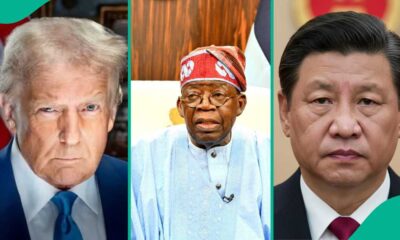
 BIG STORY2 days ago
BIG STORY2 days ago
 BIG STORY2 days ago
BIG STORY2 days ago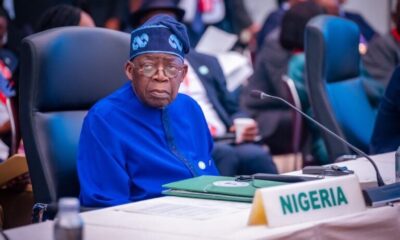
 BIG STORY2 days ago
BIG STORY2 days ago
 BIG STORY4 days ago
BIG STORY4 days ago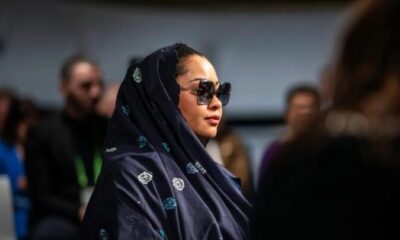
 BIG STORY3 days ago
BIG STORY3 days ago




